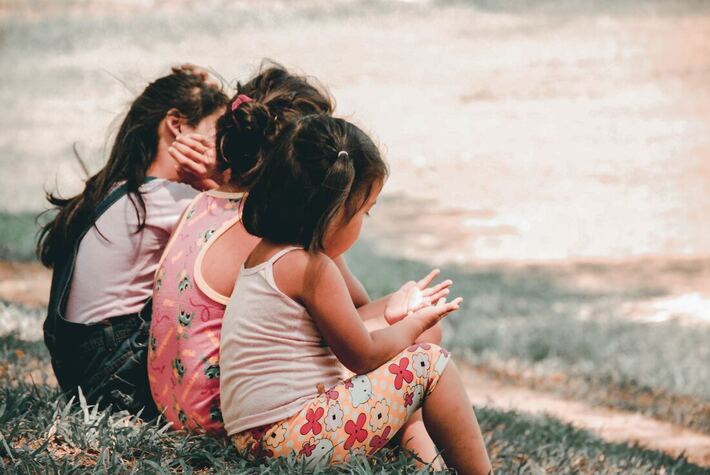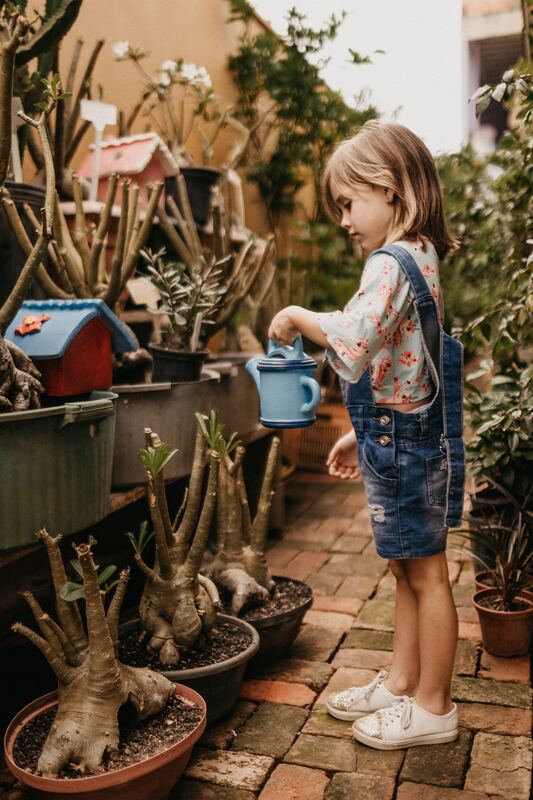The first years in the life of a child are of critical importance to develop cognitive and non-cognitive skills, but also to develop civic attitudes towards others, so to invest in this stage of development is crucial to ensure an inclusive society. For a real social inclusion of children with special educational needs, we need to promote more social contact between these children and those without impairments.
The project will increase the opportunities for all children and reinforce teachers’ capacities while having an impact on the entire community.
It will create materials such as a child-to-child peer support model, a business marketing guide for children, a guide for using mathematics within the school yard, and a guide to develop science concepts on school yard. It will also reinforce teachers’ skills with training and offers training material.
It will create materials such as a child-to-child peer support model, a business marketing guide for children, a guide for using mathematics within the school yard, and a guide to develop science concepts on school yard. It will also reinforce teachers’ skills with training and offers training material.
|
Permaculture is perhaps the most widely practiced form of agroecology (Hathaway, 2016), and presents an alternative paradigm of production based on ecological principles such as recycling waste, minimizing energy and water use, maximizing genetic diversity, regenerating soil and promoting other beneficial biological synergies (Hathaway, 2016).
Therefore, permaculture school gardens offer particularly valuable opportunities for education for sustainable development, crucial for the learner of the 21st century (Bell, 2016). The practice of permaculture is innovative in the school context, and can provide children with practical experience of sustainable production means. A positive impact is sought not only for teachers, but also for all children (with SEN and without impairment) and stakeholders such as the parents as well as the community. |


